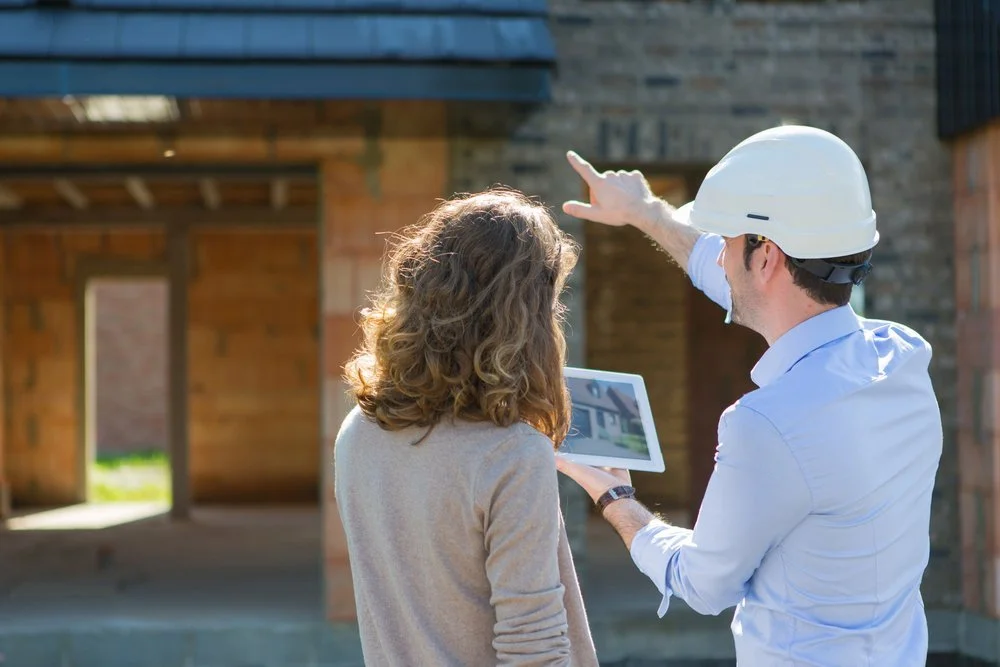Investors need to move quickly in today’s competitive real estate market. In doing so, eager investors might inadvertently skimp on due diligence to seal the deal.
But this is a huge mistake. Otherwise, a property you anticipated to be a fruitful investment could turn out to be a loss-leader. Failure to do thorough due diligence could ultimately put your entire real estate portfolio at risk.
At a minimum, multifamily investors take these five steps before closing on a property:
Conduct a financial audit. A financial audit is typically conducted by a third party and will fact-check many of the assumptions you had about the property. A comprehensive financial examination requires at least three years of trailing financials (bank statements, etcetera.), at least one year of monthly profit and loss statements, a copy of the current rent roll (including term, deposit, payment history and any housing subsidies accepted), at least two years of tax returns, and utility bills for the past 12 months.
A financial services consultant will use this information to analyze the property’s operating history. They’ll be able to provide a detailed overview of operating income and expenses. That way, you aren’t putting blind faith in the numbers provided to you by the listing agent. A financial audit will allow you to make tweaks to your pro forma, thereby evaluating the income-generating potential of the asset, before closing on the property.
Conduct a property condition assessment (PCA). Most homebuyers will get a home inspection before closing on a property. The equivalent in commercial real estate is a PCA. A PCA determines the present physical condition of the property and provides a professional opinion as to any improvements that will be needed in the future. It also entails researching municipal databases – such as the health, building and fire department – to ensure the property is compliant with all local codes.
The final report (known as a property condition report) will include a detailed cost table that provides an estimate for repairs. Buyers can use the PCR as a negotiation tactic to secure a lower purchase price. In some cases, a buyer might elect to walk away from the deal altogether if the PCR indicates expensive repairs are on the horizon.
Conduct a market survey. Depending on your familiarity with the area, you may have some underlying assumptions about the property’s rent potential. But how well do you know the market as a whole? What is your target demographic? How stable is the local economy? Will these units be competitive in the marketplace?
That’s where a market survey comes in handy. It helps to verify your assumptions about the local market. The subject property will be evaluated relative to comps in the sub-market with several criteria taken into consideration, such as rents, unit type, occupancy, unit sizes, amenities, etcetera. If you’re working with a real estate broker or property manager, they should be able to run this analysis for you pretty quickly.
Conduct an environmental inspection. An environmental inspection, often referred to as a “Phase I Site Assessment,” will indicate whether there are serious problems – like asbestos, lead paint, underground oil tanks, and wetlands – that will need to be remediated.
While environmental issues are essential for all real estate buyers, they are critical to commercial real estate investors who may inadvertently be purchasing environmentally harmful waste products in large quantities. Remediation costs can be steep. A Phase I study is particularly encouraged when looking at properties located in dense, urban areas or areas with an industrial legacy.
Conduct walkthroughs of EVERY unit. It’s common for investors to tour a handful of units in a multifamily property before submitting an offer. But then, before closing, you should be sure to conduct a walk-through of EVERY unit. You might hear excuses – so and so is out of town, or she works late nights, and I don’t want to bother her – but those excuses could be covering up more substantial issues. Don’t take the risk. Insist on walking through each unit, no matter how similar the listing agent claims they be.
During your walk-throughs, maybe ask residents if they have had any problems with their unit. This information can be incredibly insightful. Case and point: We had lunch with an investor who failed to inspect each unit before closing. A few months later, he was surprised to get an astronomically high water bill. As it turns out, the kitchen sink had been leaking for months. The resident had notified the previous owner (who never corrected the issue) and did not feel obligated to raise this as an issue with the new owner. Lesson: always walk every single unit before closing.
Your lender will likely require other due diligence items – such a title review and appraisal – before closing. These are pretty standard and, for the most part, out of your control.
As the old adage goes: it’s better to be safe than sorry. Always be sure to invest in due diligence before closing on a property. This is the best way to mitigate the risk associated with buying a rental property.
